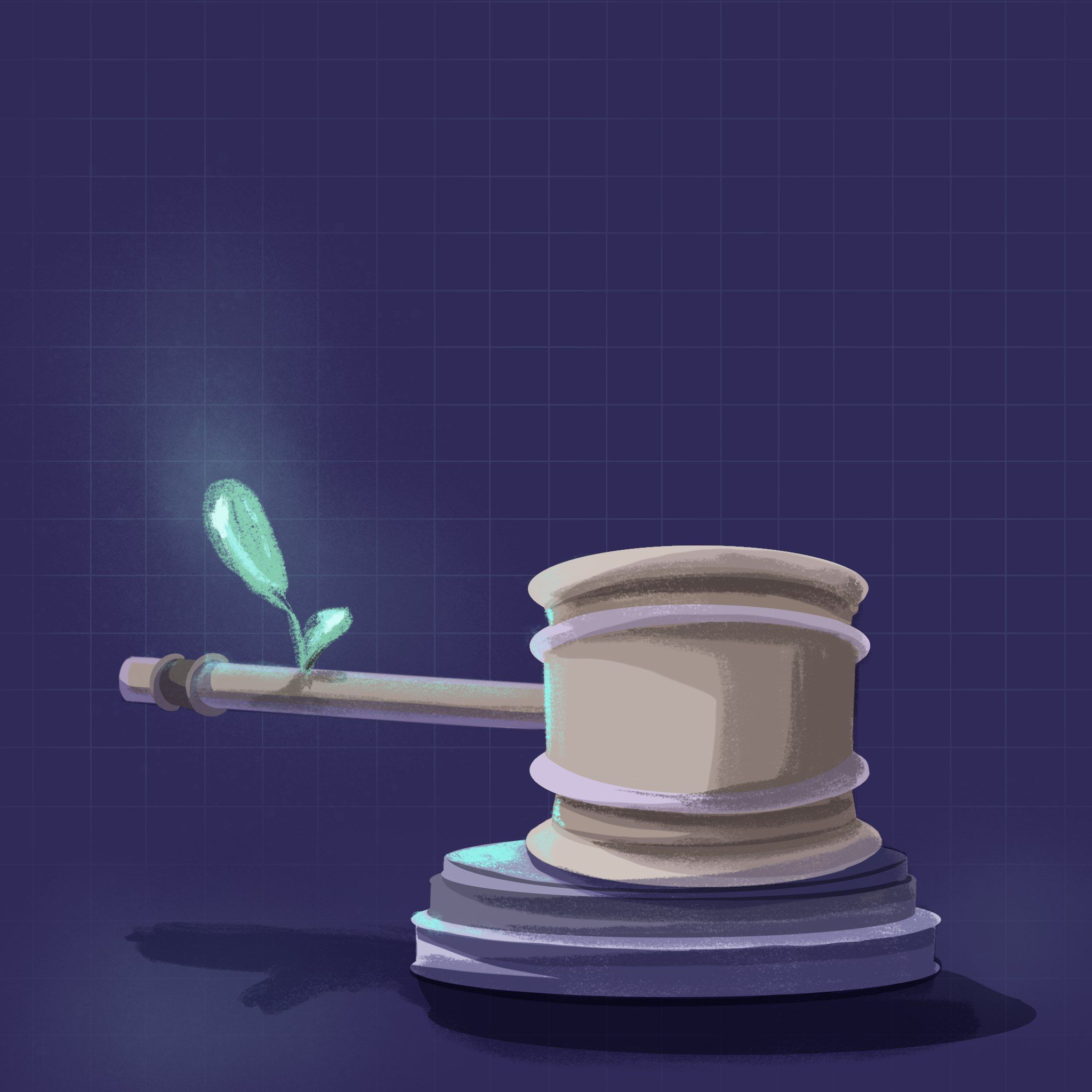Achieving a turning point, be it a regime, institutional, or policy change is not easy, but sustaining that change is even harder. Activists, members of civil society and nonviolent change makers around the world are calling for support as they struggle to genuinely implement democratic change the day after the revolution.
Last March 30, 2023, The Transparency and Accountability Initiative (TAI) hosted a funder briefing to present CANVAS’ Movements in Transition Project, a new training curriculum to provide activists with the skills, insights, and lessons learned to craft a strategy to achieve genuine democratic change in their school, community or country.
Rania Aziz, a Sudanese pro-democracy activist, spoke about lessons learned from Sudan’s transition. While the first civilian-led government was appointed in 2019 in Sudan as part of a power-sharing deal, pro-democracy activists were missing transition strategies and kept falling back into revolutionary tactics. There is need to shift from resistance tools and strategies to a nation-building mindset. It took time to navigate the transition and understand the role of the movements during the transition. Movements had to create new initiatives and build a different roadmap, but to do that they needed a different set of skills.
Isabella Cuomo, Executive Director of CANVAS U.S., presented the Movements in Transition Project and its training curriculum. Drawing from almost 20 years of experience, Canvas has seen activists and movements struggling with the question of how to better ensure the achievements of their revolution or campaign become reality during the transition.
Through literature review, case studies from 25 non-violent transitions worldwide, interviews, and their own experience, CANVAS identified some main pitfalls of transition:
Avenues for civic participation are often inadequate and frustrations of not seeing changes continue to boil over into never-ending protests.
Winning governments most often do not implement meaningful changes.
Coups and backsliding.
CANVAS has also identified 8 roles movements can play in transition:
1. Frame the discussion
2. Negotiation and coalition building
3. Continuous monitoring and holding the government to account
4. Shift from being opposed to a particular topic to proposing new alternatives
5. Promote a culture of civic participation
6. Build transnational ties
7. Identify and address economic challenges and opportunities
8. Those involved in the formal transition processes to create a strategic roadmap with steps to implement the goals of the revolution.
Based on these, CANVAS developed 7 training modules for pro-democracy activists to prepare them to navigate the transition:
1. Introduction
2. Framing the transition
3. Transition strategy and institutional reforms
4. Coalitions and negotiations
5. Special bodies
6. Accountability
7. Transnational relations
CANVAS’ call to action:
1. Fund requests for training by pro-democracy activists preparing for transition!
2. Request and fund trainings for your own teams or grantees thar are involved or preparing for a transition process!
3. Fund future research projects to address areas for further learning in the curriculum such as women and minority groups’ roles in the transitions, reforming security force institutions!
CANVAS CONTACT DETAILS:
If you would like to learn more, please reach out to Breza Race Maksimovic, Program Director at: [email protected]
CANVAS with headquarters in Belgrade, Serbia, operates a network of international trainers and consultants with expertise in building and running successful nonviolent movements. During almost two decades of work, CANVAS learned that transitions struggle to democratize (e.g., Egypt, Sudan, Myanmar). This is in big part because movements, CSOs, activists, and the global nonviolent activist community have focused more on achieving the moment of change, rather than on implementing the achieve change and safeguarding it through the transition.
